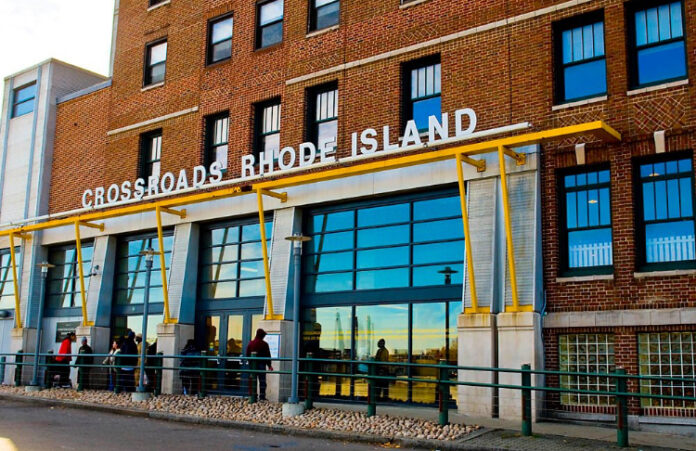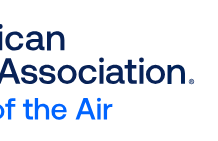
PROVIDENCE – Local homeless shelters and organizations are already fighting an uphill battle to keep some of Rhode Island’s most vulnerable residents off the streets and under a roof.
But add the complication that is the ongoing COVID-19 pandemic that has brought much of the world to a standstill, and homeless organizations are now balancing the delicate act of both providing services to needy individuals and families and also preventing further community spread of the virus.
Rhode Island Coalition for the Homeless Executive Director Caitlin Frumerie told Providence Business News Friday that the biggest issue shelters are facing are a lack of supplies, such as hand sanitizer, gloves, masks, diapers and toilet paper. In addition to having a designated COVID-19 section on the coalition’s website offering information for service providers, Frumerie said the coalition has been in regular contact with organizations on what they need for supplies. The coalition has also contacted local businesses for assistance.
“It’s a lot of shoe-leather [reaching out], just trying to get a sense of what everybody needs and match-make,” Frumerie said. “I’m really impressed on how much people have come together during this time. We’re just trying to be that system coordinator.”
Middletown-based Lucy’s Hearth Executive Director Kelly A. Lee told PBN the organization is putting together an Amazon “wish list” to post on its website and share on social media so that residents can help contribute via purchasing these items for the organization.
“There’s so many people in the community, particularly on Aquidneck Island, that they want to help,” Lee said. “They’re kind of at a loss.”
Crossroads Rhode Island CEO and President Karen A. Santilli also told PBN that Crossroads has a shortage of thermometers and the state is currently working with the organization to increase that supply. Right now, Santilli said finding out a person’s health is just asking them “how do you feel?”
“It’s looking at them visually,” Santilli said. “’Do you look sick or sound sick?’ So, we’re anticipating getting [thermometers] and everyone needs masks.”
Frumerie also said most of the shelters in Rhode Island are now operating on a 24-hour schedule.
Both Lucy’s Hearth and Crossroads have changed their operations due to the pandemic. Crossroads implemented a screening protocol asking every new person entering the shelter via a questionnaire their current health status is, Santilli said.
Santilli said Crossroads also changed its meal-delivery service to ‘grab and go’ meals. Also, the housing-based case-management discussions, where case managers go into the homes of individuals and families being sheltered, are now being done over the phone, Santilli said, and any face-to-face meetings are done “on an emergency basis.”
While no visitors are allowed at Crossroads’ Broad Street location, the individuals staying there can “come and go” during the day and are guaranteed a bed that night, Santilli said. Crossroads did have to put its education and training programs on hold, Santilli said, because the organization’s class schedule works in concert with the R.I. Department of Education.
“When [schools] close, we close,” Santilli said.
Santilli also said Crossroads has offered additional hygiene products to sheltered individuals and opening up other parts of shelter locations in order to create social distancing.
At Crossroads’ Harrington Hall in Cranston, the male residents there can stay in during the day – it’s usually closed in the daytime. Only 10 individuals are allowed in “at a time” to take their meals instead of having everyone “all come in at once,” Santilli said.
Common areas in family shelters have been temporarily shuttered, Santilli said, and asked families to remain in their rooms.
“When the weather has been a little better, we’ve encouraged them to go to the playground and go for walks,” Santilli said. “But in the meantime, they’re not allowed in common areas.”
But, even with the protocols in place, Santilli said it’s “difficult to keep people six feet apart” at some of the facilities – like the women’s shelter and Harrington Hall.
“The beds are bolted to the floor and they’re four feet apart,” Santilli said. “We’re doing the best we can with the resources we have available right now. We’re in full on and we’ll continue to do it as long as we are able.”
Lucy’s Hearth has implemented multiple new measures in response to the outbreak, including doing daily temperature checks on all residents to see if they have a temperature above 100.4 degrees Fahrenheit at the shelter, Lee said. If an individual falls ill, either their primary physicians are contacted or are asked to contact the COVID-19 hotline at the R.I. Department of Health.
Frumerie did acknowledge that even with the solid communication efforts being put forth, the fluidity of the virus pandemic has been “challenging” to handle.
“This is evolving day to day at this point,” Frumerie said.
James Bessette is the PBN special projects editor, and also covers the nonprofit and education sectors. You may reach him at Bessette@PBN.com. You may also follow him on Twitter at @James_Bessette.












